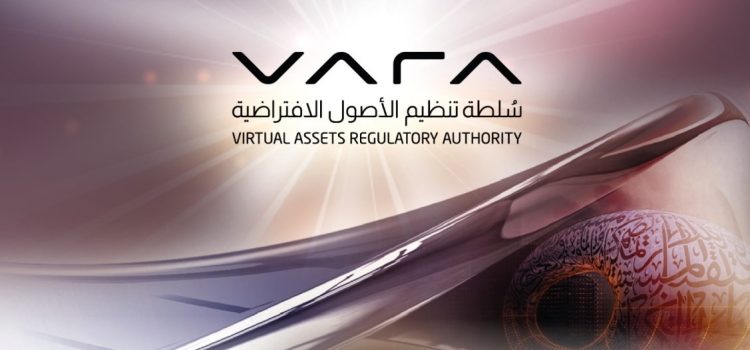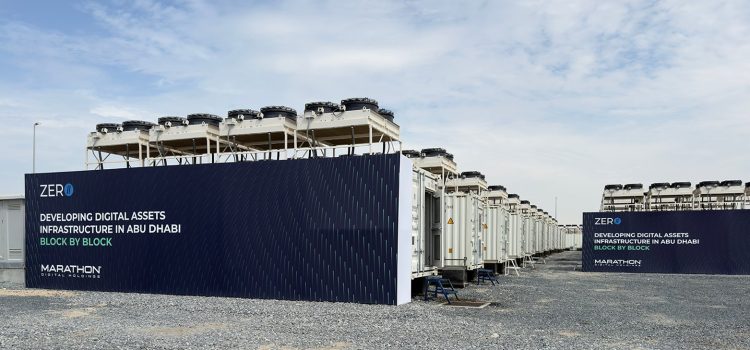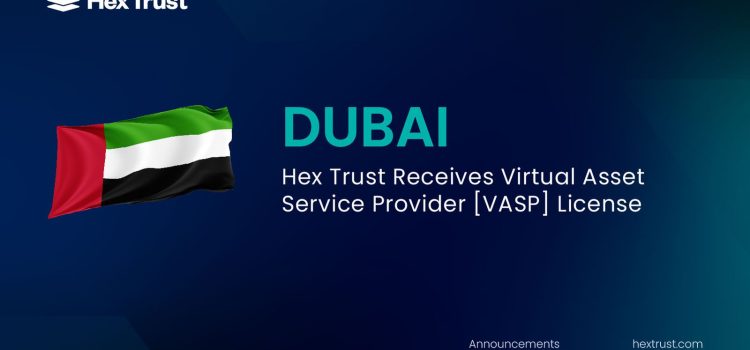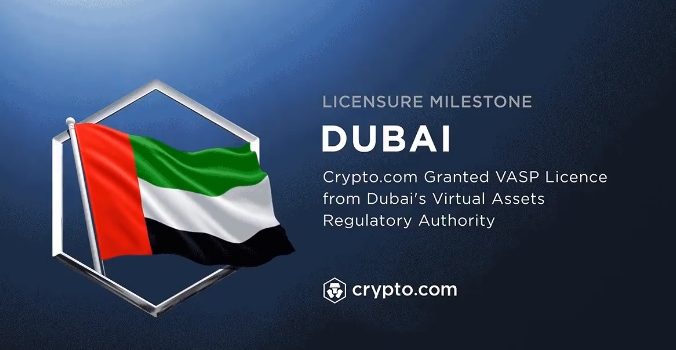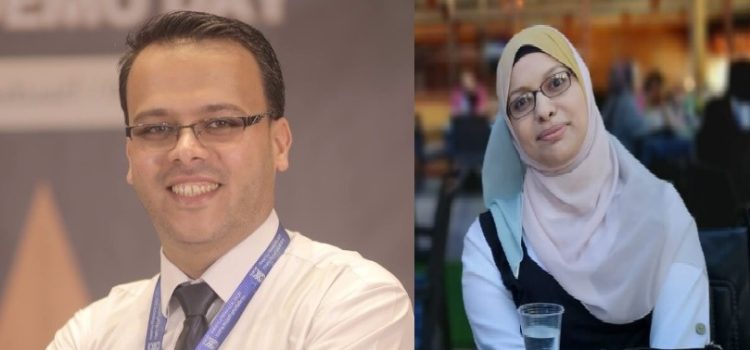
In a market notice issued November 17th 2023, the Dubai Virtual Assets Regulatory Authority (VARA), confirmed that the deadline for VA sector to engage in the regulatory license elapsed today and that eighteen virtual asset service providers commercially licensed on mainland under Dubai’s Department of Economy and Tourism (DET) have thus far, been issued fines for failing to comply with VARA’s directives and regulatory guidance.
A VARA spokesperson declined to name the eighteen entities in question.
As per the notice, in line with VARA’s commitment to protect consumers, maintain market integrity, and manage security of the Virtual Economy being enabled in and from Dubai, these enforcement actions are a pre-requisite to remedy compliance breaches and assure global markets that VARA’s regime can be trusted to have consistency and resilience in deployment.
The Dubai virtual asset regulator stated that this would be an ongoing process, with additional fines, enforcement actions, and closure of unlicensed VASPs expected. VASPs have until year end to address any regulatory gaps.
Entities seeking to continue to offer virtual asset services in Dubai are urged to contact VARA immediately to avoid further penalties. Consumers are advised to check the VARA website for advice on approved VASPs in Dubai. For further information, please contact VARA via our website or via
This comes a day after CEO Henson Orser stepped down, and 10 days after VARA issued a notice asking all VASPs to finalize their license registrations and requirements.
But there have also been positive news in the VASP licensing arena, with entities such as Fuze Finance receiving a license as well as HexTrust and BackBack in the past 10 days.










